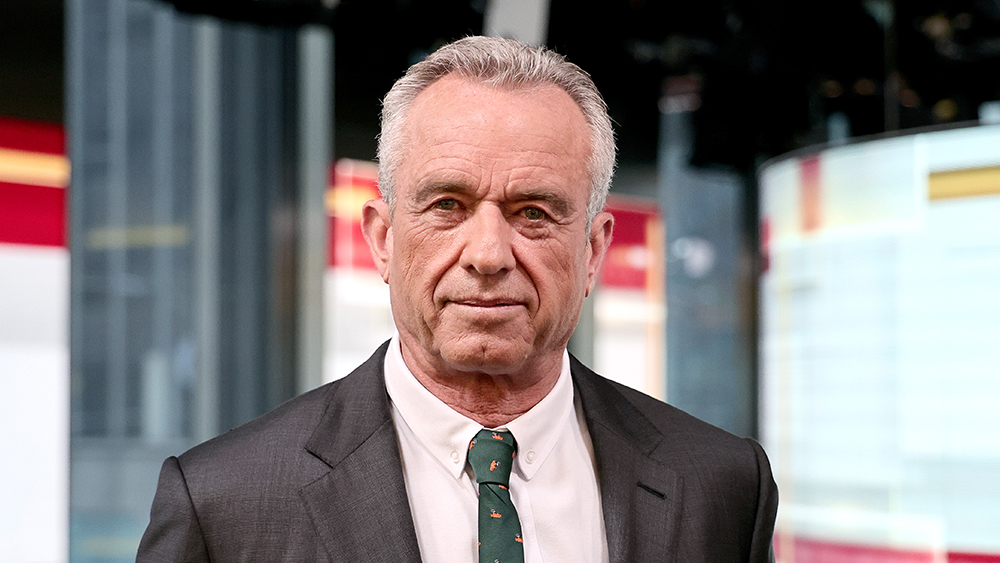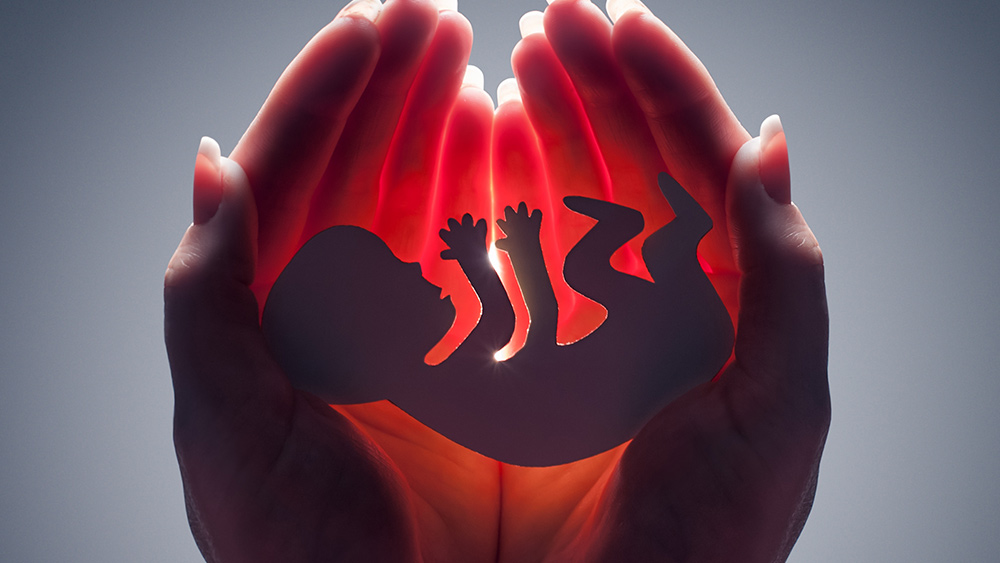 Parler
Parler Gab
Gab
Gallup survey shows 63% of American adults believe the U.S. needs a third major political party
Meanwhile, a new Gallup survey reveals that 63 percent of American adults believe that the U.S. needs a third major political party due to the unsatisfying and poor performance of both the Republican and Democratic parties. This marks a seven-point increase in 2022 and represents the highest level of support for a third party since 2003. The poll also shows low favorability ratings for both major political parties for the past two decades. Moreover, the poll shows that 58 percent of Republicans would support a third U.S. political party compared to 45 percent in 2022. The Democrats have also increased their support for a third party, rising from 40 percent to 46 percent this year. The only other time more Republicans backed a third party was in early 2021, following the Jan. 6 riots, the second impeachment of former President Donald Trump and the inauguration of incumbent President Joe Biden. In short, more Republicans are willing to support a third party than last year. For the past two decades, the majority of U.S. adults have consistently wanted a third party. In 2003, only 40 percent called for a third party, but in 2017 it became 61 percent and 62 percent in 2021 shortly after the January 2021 Capitol Hill riots. None of the emerging third political parties are as powerful as the Republican and Democratic parties. But the U.S. now has a formidable third presidential candidate in RFK Jr.More related stories:
It's time to cut ties with the Republican Party.
Democratic Party moved from uncomfortable to intolerable for members: #WalkAway founder.
RFK Jr. says Democrat Party has already “rigged” nomination for Biden by EXCLUDING everyone else.
Even GOP donors are supporting RFK Jr. – proof that his appeal goes beyond party lines.
U.S. rulers launch ANOTHER "ministry of truth."
Sources include:
TheGuardian.com Gallup.comLawless in Gaza: Why Britain and the West back Israel’s crimes
By News Editors // Share
Evidence suggests there was NEVER ANY DRUG TRIAL AT ALL for Pfizer’s COVID “vaccine”
By Ethan Huff // Share
Abortion rates in North Carolina drop by over 30% following implementation of PRO-LIFE LAW
By Laura Harris // Share
Breitbart editor Joel Pollak: Israel ‘should wipe out Gaza’ and the U.S. should take the refugees
By News Editors // Share
Biden leaves Americans trapped in Israel to fend for themselves as war breaks out
By Belle Carter // Share
Governments continue to obscure COVID-19 vaccine data amid rising concerns over excess deaths
By patricklewis // Share
Tech giant Microsoft backs EXTINCTION with its support of carbon capture programs
By ramontomeydw // Share
Germany to resume arms exports to Israel despite repeated ceasefire violations
By isabelle // Share










